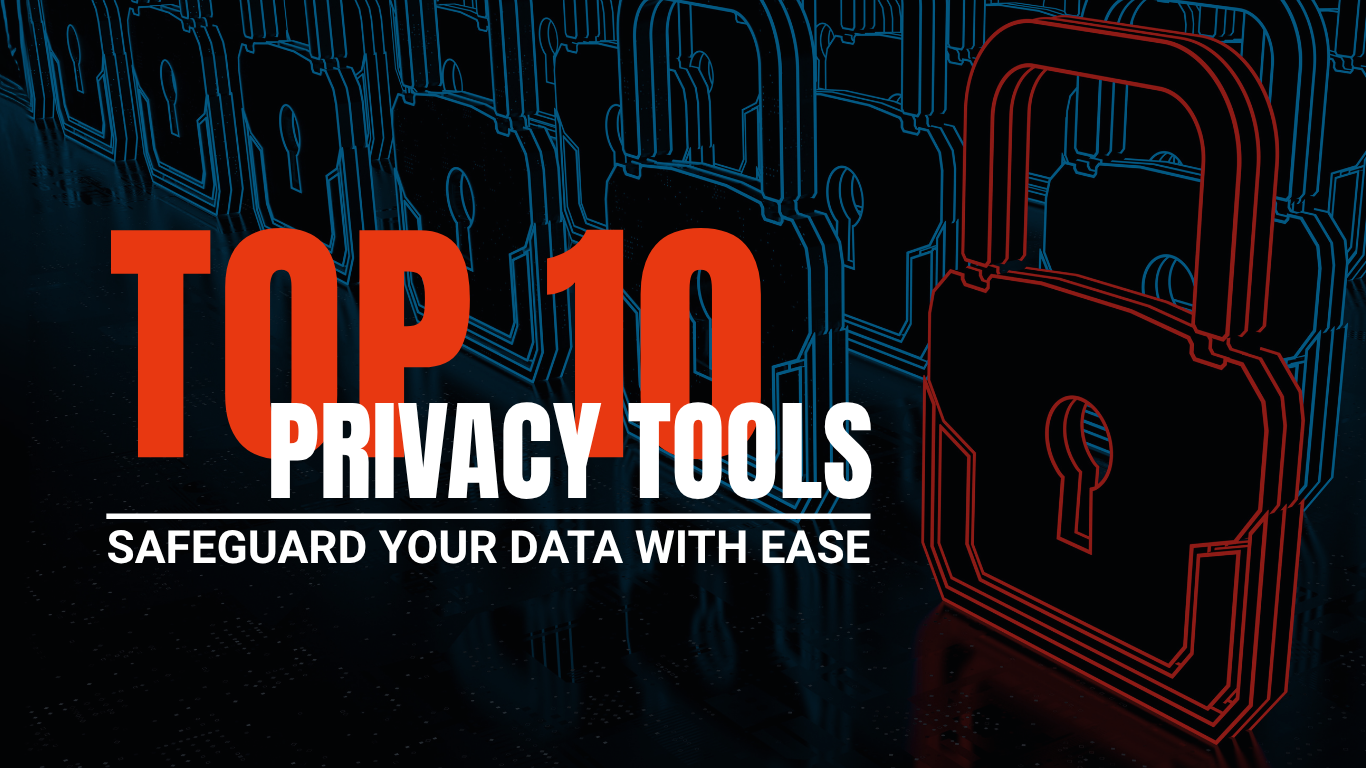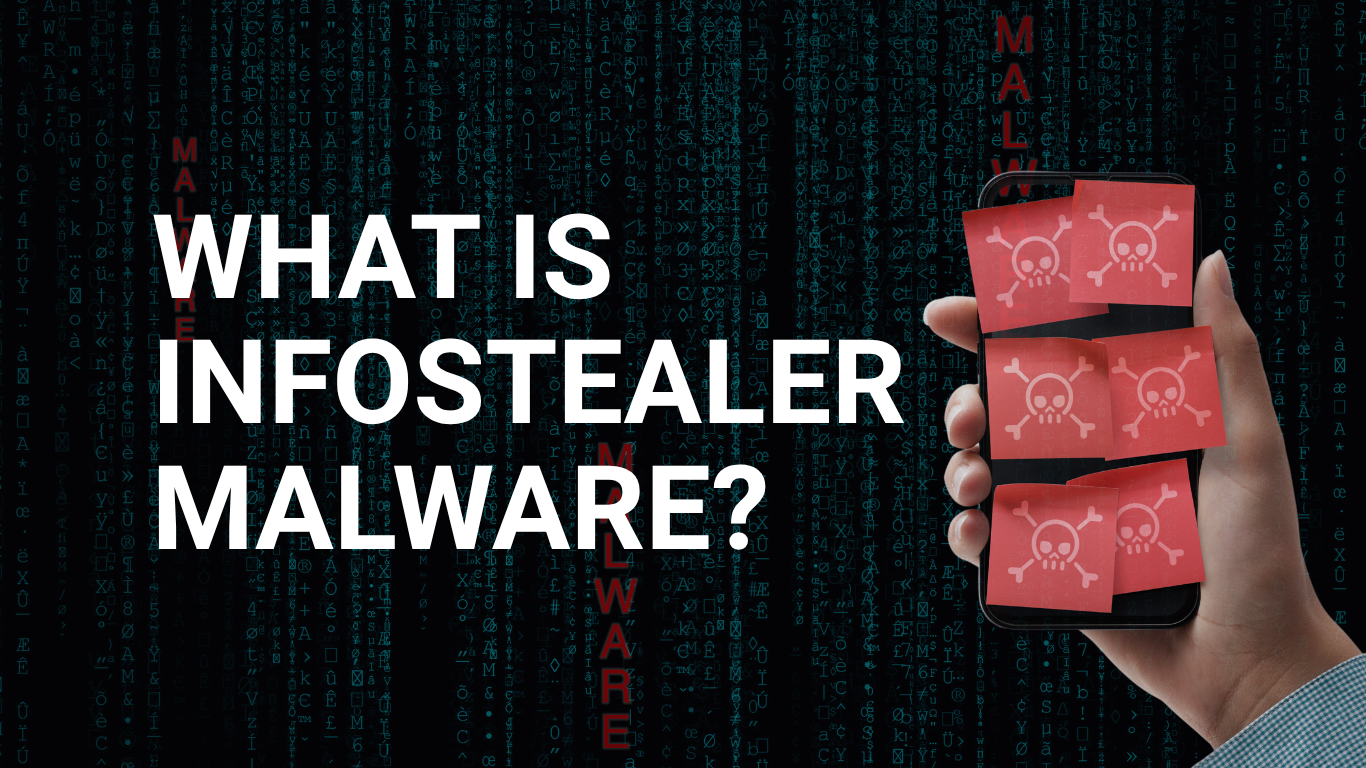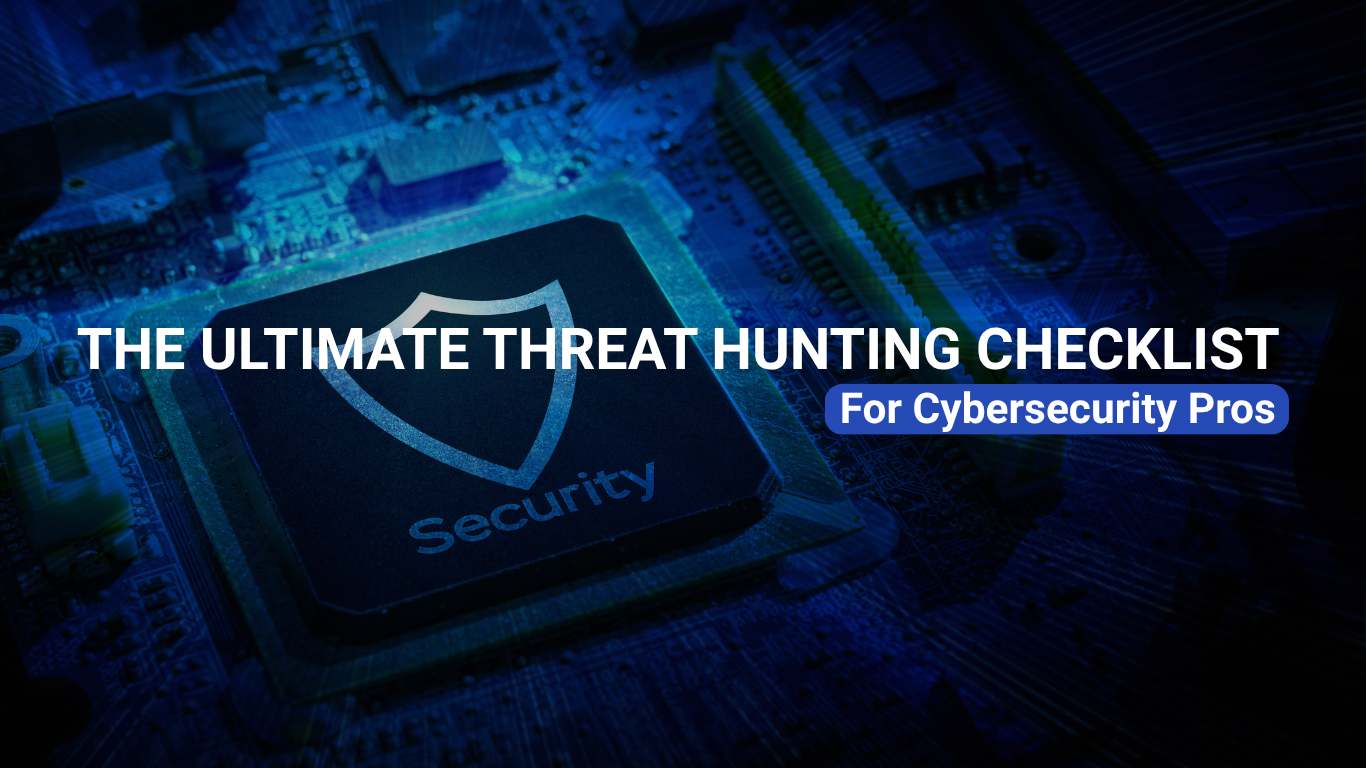5 Ways MDR Services Address TISAX® Compliance Talent Gap
Cybersecurity talent shortages affect every industry, government, and higher education institution. Organizations with deep pockets have the luxury to spend their capital on recruiting, hiring, and keeping top cybersecurity engineering talent. Small-to-medium enterprise (SME) organizations continue to be challenged with accessing talent, specifically those with expertise compliance mandates, including TISAX® for the German automotive industry.

ForeNova, an MDR provider, specializes in supporting SME clients with their TISAX® mandates. The firm’s MDR capabilities help SMEs overcome the shortage of cybersecurity talent.
Are you interested in knowing more? Click here to schedule an initial consolidation with the ForeNova team!
Understanding TISAX® and Its Importance
Any automotive supplier wanting a place within the global supply chain leveraged by the industry giants, including German automaker BMW, must achieve the correct assessment and maturity level for TISAX®. TISAX® certification is a requirement for any automotive supplier seeking to conduct business with BWM and others. These industry leaders mandate each supplier obtain and sustain TISAX compliance before engaging any company within the automotive supply chain.
For most automotive suppliers, achieving the TISAX® takes nearly three years, depending on the assessment and maturity level. With this certification at the correct assessment level, the opportunity for new revenues for an SME automotive supplier becomes more realistic and sustainable.
The TISAX® Compliance Challenge in the Automotive Industry
Achieving TISAX® requires a commitment by the organization’s leadership, including sustainable budget allocations for human capital resources and access to third-party assessment firms and consultants—the journey to achieve TISAX ranges from one to three years. Most people working within SME automotive organizations have other tasks to accomplish.
Successfully achieving this certification will likely lead SME automotive suppliers to become part of the global supply chain supporting automotive industry leaders. This certification helps SMEs gain new customers and establish sustainable revenue growth for future years.
The TISAX® assessment process starts with an initial level of internal pre-assessment. This level primarily focuses on the SME self-assessing their cybersecurity adaptive controls, including multifactor authentication, data encryption, email encryption, and network segmentation. Self-assessment is the initial step SMEs must complete before moving up in assessment and maturity levels.
Understanding the Cybersecurity Talent Shortage

SMEs often remain challenged by the constant talent shortage of security operations engineers and IT operations administrators and by the lack of access to 24/7 global resources for continuous monitoring and incident response.
Specific to Germany:
- Volkswagen, Siemens, and Allianz are experiencing data breaches, online fraud, and other cyber issues.
- Germany’s cybersecurity job market will grow in 2024 as businesses need more skilled professionals to tackle rising cyber threats.
- Germany could lack about 137,000 IT security pros next year, so there’s an opportunity for skilled workers to find work.
How Big of a Problem Is It?
Within the World Economic Forum report for 2044, the forum reported that the world is facing a shortage of 4 million cybersecurity resources. According to the forum report dated October 2024, the resource problem continues to grow.
“71% of global organizations have unfilled cybersecurity jobs.”
“52% of these organizations state their challenges in recruiting cybersecurity talents will continue negatively affecting their business in the foreseeable future.”
Many Forum members and global IT organizations, including IBM, Microsoft, Orange Data Centers (France), and Deutsche Post in Germany, continue to invest in education to help close the resource gap for cybersecurity talent.
Cisco aims to train 250,000 people in cybersecurity in the EU by mid-2025 as part of a plan to upskill 2.6 million across Europe.
Managed Detection and Response (MDR): A Solution for TISAX® Compliance
Increasing access to cybersecurity learning knowledge and skills development is a solid long-term solution to the talent shortage problem. However, SMEs today needing to sustain their TISAX® need access to SecOps engineering resources much sooner.
Automotive SME firms locked in with TISAX® compliance benefit from investing in an engagement with an MDR provider like ForeNova.
What is MDR, and How Does it Work?
MDR providers like ForeNova offer various services to help TISAX® compliance organizations in the automotive industry. As hackers ramp up their attack velocity through artificial intelligence (AI) and machine learning (ML) tools, ForeNova’s MDR offering, also powered by AI, helps prevent these complex attacks from affecting their clients. These adversarial AI attacks, if successful, could jeopardize the automotive SME firms’ ability to protect sensitive data embedded with the global supply chain. Large automotive manufacturers rely on TISAX®-certified partners to maintain their compliance stature while safeguarding data.
Benefits of MDR Services for Automotive Suppliers
MDR services for a TISAX®-certified automotive supplier are an immediate stopgap in assisting with the SecOps functions affected by the lack of qualified talent. CFOs, CISOs, and CIOs also view an MDR relationship as a cost savings by focusing less on recruiting, hiring, and keeping talent and more on leveraging OPEX-enabled services from an MDR provider.
SMEs attempting to hire and keep cybersecurity talent continue to expense valuable capital when these resources move to other organizations. MDR resources are a managed global talent pool embedded within the provider’s cost model. These MDR providers manage a service-level agreement (SLA) between the client and their organization. SLAs help both parties recognize the value of the service and review the critical performance indicators (KPI), including mean-time-to-detect (MTTD) and mean-time-to-response (MTTR).
5 Ways MDR Services Support TISAX® Compliance
MDR delivers exceptional service capabilities within its various offerings. The five most essential serviceability elements all organizations gain with an MDR engagement are:
1. 24/7 Threat Monitoring and Response
Cyber threats are rarely manual. Hackers powered by AI continue to automate their attacks, leveraging the ability to alter their threat vectors based on real-time attack telemetry. One of the most substantial value points is MDR providers’ ability to scale up automated incidents to counter attackers’ ability to adjust their attack patterns.
2. Advanced Threat Intelligence
Advanced threat intelligence comes from processed security attack telemetry information. Successfully automated incident response from MDR-provided services leveraging threat monitoring analytics helps SME automotive suppliers develop and nurture their threat intelligence capabilities without hiring a large group of engineers. This value data becomes the cornerstone of predictive detection of next-generation attacks.
3. Compliance Reporting and Documentation
TISAX® compliance mandates accurate reporting of all assessments executed by third-party firms, validating the SME automotive supplier’s various adaptive controls and incident response functionality. MDR providers like ForeNova provide accurate and automated reporting for their clients to help with the sustainability of TISAX® certification.
4. Incident Response and Remediation
As part of MDR providers’ automated incident response service, remediation is also an additional capability. Most incident response actions executed by SecOps do not always require a patch, software up, or a system reboot. Most SecOps automated capabilities focus more on shutting down ports and protocols to help protect these digital assets.
Once the initial response is executed and before the digital is back into production, MDR services will check to see if the assets require an update or patch. Essential security patch remediation executed by the MDR provider doesn’t always need a reboot.
5. Continuous Security Improvement
This workstream contributes by aggregating all the various MDR services, including continuous monitoring, automated incident response, threat monitoring, intelligence, reporting, and remediation.
Selecting the Right MDR Provider for TISAX® Compliance
Choosing an MDR provider requires the SME automotive firm to establish its business and compliance objectives first. MDR providers offer various services that align well with TISAX® compliance certification requirements. If the firm’s goal is to sustain its compliance status, that should be well documented in the needs document before sending it to an MDR for quoting.
Case Study: Supporting a Major German Automotive Supplier with MDR services.
Client Background
With a workforce of over 1700 employees, this automotive supplier provides a wide range of services, including:
- New and Used Vehicle Sales
- Rental, Leasing, and Recreational Vehicles
- Insurance, Training, and Servicing
Customer Challenges
The automotive group’s cybersecurity protection and compliance requirements continue to grow. Like many in the automotive industry, access to experienced cybersecurity talent was challenging. Another challenge facing the automotive group was finding the right MDR partner that met and exceeded their expectations and a competitive price point.
Solution
The automotive supplier’s decision to partner with ForeNova helped solve several cybersecurity protection and compliance issues while lowering operation costs.
- ForeNova developed a unique blend of MDR services for the supplier, including 24/7 monitoring, incident response, and remediation, at a far lower cost than hiring their own staff.
- ForeNova’s competitive rates set them apart from the other MDR providers supporting the automotive industry.
- ForeNova’s proven SecOps best practices, procedures, and automated reporting capabilities help the automotive supplier protect its most critical digital assets, employee information, and client data.
Customer Quote
“We were looking for a flexible security solution that integrates with our existing systems. NovaMDR takes the complexity out of our cybersecurity needs without paying a premium price compared to other vendors. It was a no-brainer for us.”
Owner of the automotive group
Conclusion
Securing the automotive supply chain is critical for protecting valuable and proprietary data. It requires layers of security adaptive controls, 24/7 monitoring, and automated incident response, leveraging an MDR provider like ForeNova.
ForeNova helps automotive suppliers meet TISAX® and other compliance mandates, prevent production outages from cyberattacks, and lower the total operational cost compared to staffing an in-house team.
TISAX® is a registered trademark of the ENX Association and bears no responsibility for the content of the services offered by ForeNova Technologies B.V







